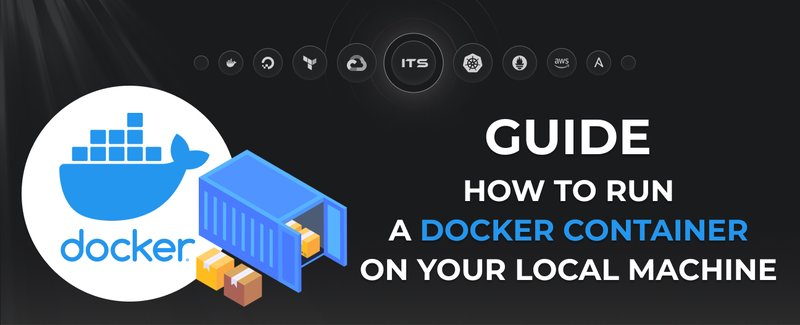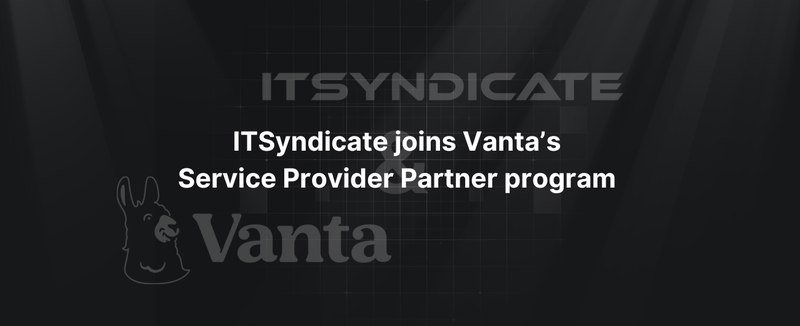In an era of digital transformation, the cloud has emerged as a transformative force for modern businesses. Cloud infrastructure services have become the backbone of innovative companies, offering unparalleled scalability, flexibility, and cost-efficiency. In this article, we'll explore the profound impact of cloud infrastructure services and their role in driving success for contemporary enterprises.
The cloud revolution
The traditional approach to IT infrastructure, with on-premises servers and data centers, is rapidly giving way to a new paradigm. The cloud revolution represents a shift from the ownership and management of physical hardware to the dynamic world of virtual cloud services. This transformation has reshaped how businesses operate and opened the door to many benefits.
The role of cloud infrastructure
Cloud infrastructure serves as the underlying foundation for modern business operations. The cloud's impact is pervasive, from hosting web applications to storing vast datasets. Cloud services enable businesses to deploy applications quickly, manage resources efficiently, and scale to meet fluctuating demands.
Key cloud infrastructure services
Leading cloud providers like AWS, Azure, and Google Cloud offer various infrastructure services. These services encompass virtual machines, container orchestration platforms, and serverless computing options. Businesses can choose the services that align with their specific needs, resulting in greater flexibility and agility.

Scalability and cost-efficiency
One of the defining features of cloud infrastructure is its unmatched scalability. Businesses can effortlessly scale resources up or down based on demand, ensuring they pay only for what they use. This flexibility empowers organizations to optimize costs and swiftly adapt to changing market conditions.
Explore more resources on our blog, or contact ITSyndicate for expert guidance in adopting and optimizing cloud solutions.
Data security and compliance
Concerns about data security in the cloud are common but often misplaced. Cloud providers invest heavily in robust security measures, offering encryption, access controls, and compliance certifications. Businesses can leverage these safeguards to protect sensitive information and meet industry-specific compliance requirements.
DevOps and cloud
The synergy between DevOps practices and cloud infrastructure is undeniable. Automation, continuous integration, and continuous delivery (CI/CD) are integral components. DevOps accelerates the development and deployment of applications in the cloud, facilitating rapid innovation.
Real-world use cases
Businesses of all sizes and industries have embraced cloud infrastructure to achieve diverse goals. Whether a startup is scaling rapidly, a healthcare provider securely manages patient data, or an e-commerce giant handles peak traffic, cloud infrastructure offers tailored solutions to address specific needs.
Choosing the right cloud services
Selecting the right cloud services for your business requires careful consideration. It's not a one-size-fits-all approach, so a cloud consultant is the right person to start with. He involves understanding your unique requirements, evaluating service offerings, and designing a cloud architecture that aligns with your goals.
Your path to innovation, competitiveness and resilience
Adopting cloud infrastructure services is now a matter of if but when for modern businesses. The transformative power of the cloud cannot be overstated. It is the key to achieving innovation, competitiveness, and resilience in an increasingly digital world. As the cloud continues to evolve and expand, businesses that harness its potential are poised for a bright and dynamic future.
Docker commands and Dockerfile usage for running containers on a local machine
Docker commands and Dockerfile usage for running containers on a local machine
Netflix tech stack for powering streaming backend and cloud solutions






